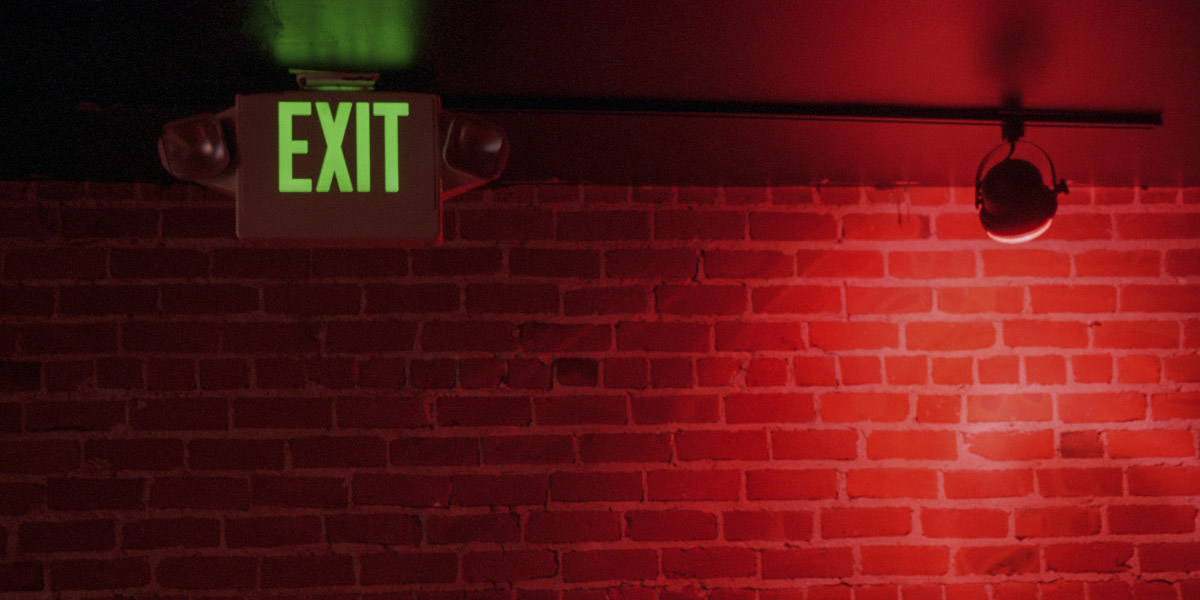Taking Blogging And Journalism One Step Further.
TV Weblogs in a War Zone? (sorry, no link available)
“…Imagine a daily weblog from a TV war correspondent, say, CNN’s Christiane Amanpour, perhaps?
While darting from war zone to war zone, Amanpour could detail the close calls and the untold traumas. She could explain the behind-the-camera dynamics that never make air. And she could add her own personal thoughts and challenges of the war experience. Think of it as Amanpour unplugged.
For a very busy Amanpour, it would be nearly painless. Two to three times a day, she’d dial up her satellite phone and leave a quick voicemail message back at CNN.com in Atlanta. A producer transcribes the message and posts it online.
The weblog would be a frank, conversational dialogue, featuring behind-the-scenes multimedia of Amanpour in action and a world map that pinpoints her position. It would also include some background data on the countries involved in the conflict. Users could post their own thoughts, sparking even more discussion.
Then crank up Turner’s marketing machine. After each Amanpour live shot on TV, CNN plugs the weblog. Produce a few edgy promos to run on CNN and Turner’s other cable networks. Even throw a live chat or two.
It would be a hit. Huge hit.
Editorially, Amanpour could offer a unique context that transcends her TV reporting. Promotionally, the weblog audience would feel compelled to watch Amanpour’s TV reports now that they know the story behind the story. Financially, it costs next to nothing to produce and it would drive a ton of traffic.” [The Lost Remote newsletter]
The only thing I would add to this interesting scenario is the use of video clips, which could be hosted on the blog itself or sent out with the RSS feed as enclosures. Immediate synergy between what shows on the air and the blog, as well as archived references.
Addendum: Ralph Brandi doesn’t think this is such a hot idea:
“A much better idea would be to have reporters write the stories behind the stories for their newspapers, radio stations, or TV stations when there’s actually a story behind the story. The BBC World Service has been doing this for years with what I consider to be the best broadcast program in any media, From Our Own Correspondent. The Guardian (UK) has a similar feature with their World Dispatch. Except instead of the incoherent mumblings of a journalist who rarely ventures from the same hotel every other foreign correspondent is staying at, you get well-considered, finely honed pieces of good writing by reporters at the top of their game and who only write pieces of this nature when they’re warranted.”
Addendum Redux: Ryan Greene has another take on this scenario that involves using a digital camera to run a video blog.
[The Shifted Librarian]
“That Camera (I’m digressing, I know) Is sweet. Blutetooth it into your network connection, and you can upload files directly to your server. Run this in the field with an OQO and you’ve got your portable editing studio, and broadcasting system all in one. Tie the final/edited files into a p2p system and you’ve got your own broadcast network, all via the web. Or go gonzo and just have everything running as a video blog, without editorial supervision.”
